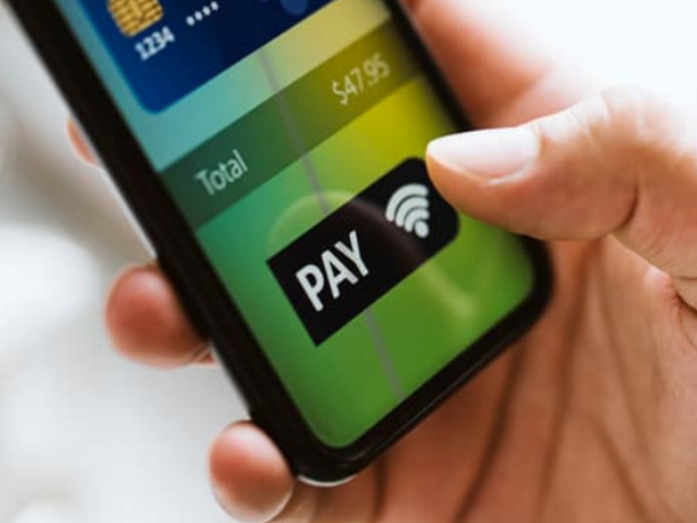Money Sent From Payment Apps Like Venmo and
PayPal Will No Longer Fly Under The IRS’s Radar

Monday, February 7, 2022 Written by Timothy Perry
The IRS hopes to cut down on tax cheating from people who earn money from “side hustles” and other kinds of work where “cash payments” are more common than more traditional forms of payments. Unlike traditional payments like credit cards and bank checks that are easier to trace, the majority of cash payments whether by physical cash or “cash apps” have always slipped through the IRS’s grasp. The IRS has high hopes that their new policy implemented on January 1, 2022, will help close that hole or at least tighten the net. They now require payment applications such as Paypal, Venmo, and CashApp to start reporting all business-related payments $600 and larger to the IRS. Interestingly, Zelle has claimed that they do not have to report their transactions because of a technicality in how their business model is structured. Time will tell if the IRS will challenge that assertion.
Because the use of cash apps has exploded in recent years, the government has been looking for ways to close the tax gap by making more transactions reportable to the IRS. By drastically reducing the threshold that triggers reporting requirements from 200 transactions and $20,000 combined amount to simply 600 bucks regardless of transaction count, the government believes that they will capture a much larger portion of these “under the table” financial transactions.
Third-party payment network providers will be required to send users a Form 1099-K for eligible transactions made during the 2022 tax year. The new requirement will impact 2022 tax returns filed in 2023. The new rule is a result of the American Rescue Plan, the $1.9 trillion stimulus package that was signed into law in March by President Joe Biden.
Don’t worry, if you use these apps for personal reasons like repaying dad that $1,000 for your car repair or repaying your friend for your one-fourth of the restaurant bill he put on his rewards credit card… you have nothing to worry about. These types of personal payments do not have to be reported.
“The Big Resignation”, shined a light on this growing number of people earning their incomes in non-traditional ways. The Bureau of Labor Statistics expects the number of self-employed workers to continue to grow faster than the projected overall job growth rate. More self-employed people getting paid through cash apps translates into potentially increased levels of illegal underreported earnings. Clearly, the IRS has a strong financial incentive to mitigate these losses any way it can, and this new cash app reporting rule is their latest attempt to capture at least a portion of their lost revenue.
Contact us regarding any tax-related questions or issues at 919-916-1000 or fill out our online form. Our team of experienced tax lawyers is here to help.